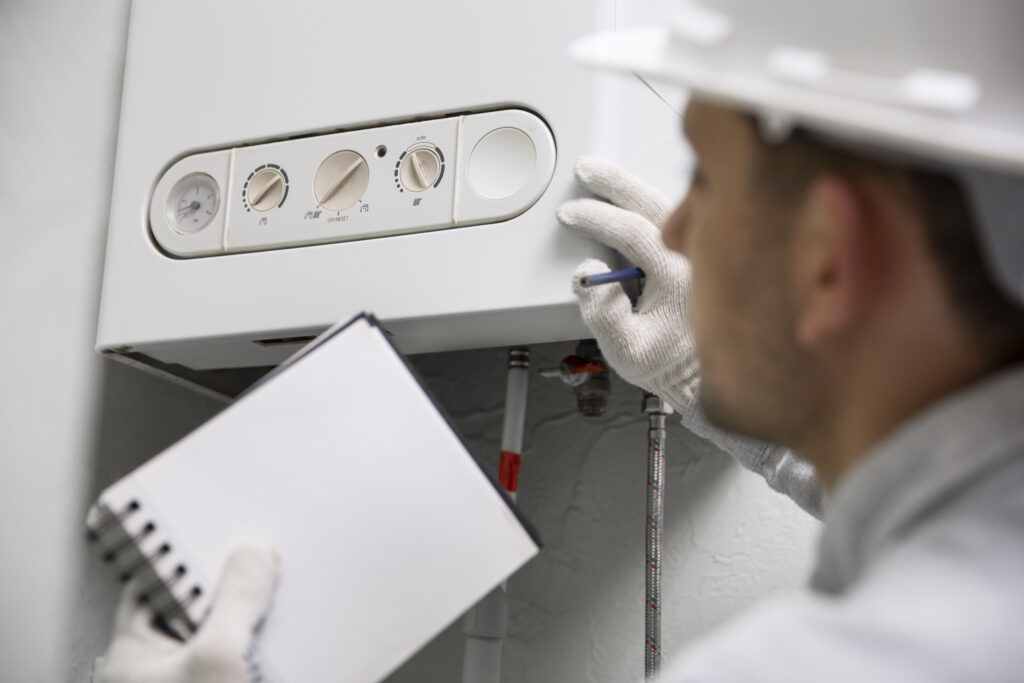Having an emergency boiler repair company comes in handy at times. These companies have emergency staff that can work all day long, and they can come out and fix the problem right away. But how do you know when it’s time to call in a emergency boiler repair Glasgow service?

Cold air coming from your heating system
Fortunately, many of the issues that can cause your heating system to fail can be fixed without having to call in a professional emergency boiler repair specialist in Glasgow. Some of the problems that can lead to a breakdown may be minor, such as a faulty air filter or a hole in the ductwork.
Other issues that may require a professional are a broken gas supply line, a leaky condensate line, or a malfunctioning thermostat. If none of these are the culprit, then you may be looking at a faulty boiler or heat pump.
You may be surprised at how many people experience a home heating emergency at some point in their lifetime. The cold can be both a health and comfort issue, and a breakdown can be especially taxing on your system.
While a broken boiler or heat pump may not require immediate attention, a small leak can quickly lead to a cold house. The ice that forms on your pipes can prevent water from flowing, leading to burst pipes.
Carbon monoxide leaks
Having a carbon monoxide leak in your boiler can be a very dangerous situation. It can cause a variety of symptoms, including chest pain, irregular heartbeat, flu-like symptoms and loss of muscle control.
Carbon monoxide leaks in boilers can occur because the flue is clogged or the flue vent is improperly installed. It can also happen when a furnace has a faulty blower.
Carbon monoxide is an odourless and colourless gas that is usually produced during incomplete fuel burning processes. Typically it filters out of your home, but in rare cases, it can remain. It can cause serious health problems, including brain damage, organ damage and even death.
When a leak is suspected, it’s important to immediately evacuate the home. You should turn off the gas appliances and go outside. You should also inform your doctor of your symptoms. You should not reenter your home until your doctor gives you permission.
Carbon monoxide is a common cause of death and illness in the United States. It is especially dangerous for pregnant women.
Water leaks
Depending on the cause, water leaks from a boiler can be a real emergency. This can cause major damage to your residence and can actually short-circuit electrical wiring. It can also lead to mould and mildew, which can induce serious health issues. The most beneficial way to handle water leaks from a boiler is to act fast and take care of the situation before it gets out of hand.
First and foremost, turn off the water supply. This will not only allow you to see what the problem is, but it will also allow you to fix it. You can also reseal the pipes and pump to ensure no water leaks.
The first area to check is the feedwater coupling. The water meter in your boiler system should give you an idea of how much water is being used. If you see a lot of water, you may have to lower the pressure in your boiler.
In addition, you should check the pressure relief valve. If it’s stuck open, it can also cause a leak.
Signs of a leaking boiler
Having a boiler malfunction can be a stressful experience. Luckily, there are some warning signs that you can keep an eye out for to help you know when you need emergency boiler repair in Glasgow. These signs can help you avoid expensive and dangerous repairs.
Leaks are a common sign that you need boiler repair. A leak can be a result of a gas leak, or even damage to the water pump or valves. If you notice water pooling around the boiler, it is critical that you get the leak mended as soon as possible. This will keep the water from generating further damage to your residence or business.
If you notice strange smells coming from the boiler, this could be a sign that you have a gas leak. You should shut down the system as soon as you notice a smell. A gas leak can be very dangerous and is the leading cause of home fires in the United States.




